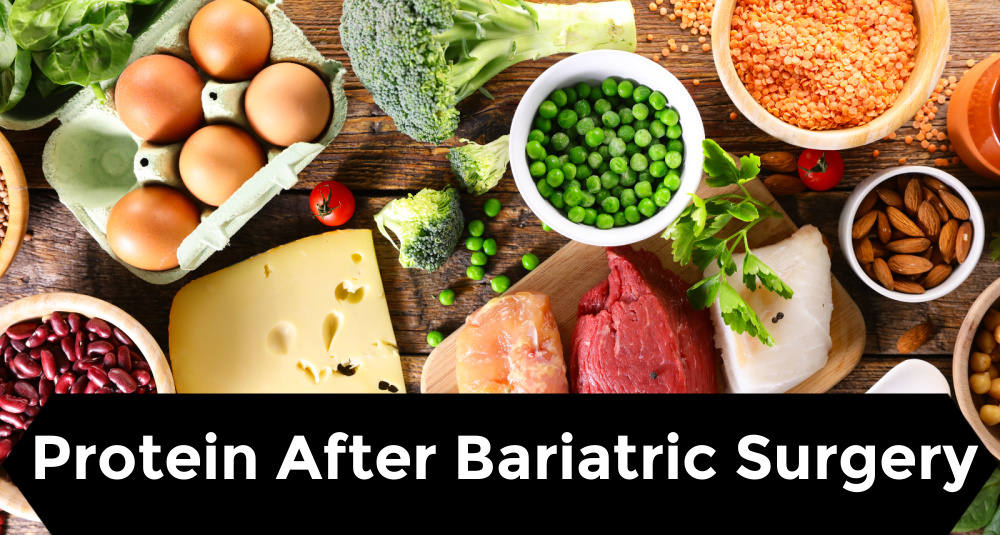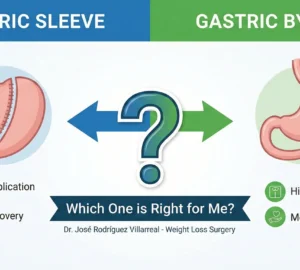It is vital to consume adequate protein after Bariatric surgery to prevent complications arising from a protein deficiency.
What is Protein?
Protein is essential to all living processes and a wide range of functions to sustain life. Thus, protein is one of the most important nutrients required by our body and must be consumed in adequate quantity and quality in our diet.
Our muscles are largely made up of protein. Movement of the body without muscles is impossible. Therefore, after having weight loss surgery, it is important to feed your body protein to prevent muscle loss and promote healing.
Proteins form the basis of the body composition of all humans and are largely associated with quality of life. They are complex combinations of smaller compounds known as “amino acids”. While the body can produce some of the amino acids that are needed, there are still some that must be obtained from external sources, such as the food we eat.
The mass of an average person is made up of 15% of proteins. They are essential in a variety of ways. A large portion of our body fabric is constructed from protein, which encompasses muscles, cartilages, ligaments, skin and hair.
In addition to the outer framework of the body, which mainly consists of large protein molecules, smaller protein molecules also play a vital role in functioning of our body properly. For example, hemoglobin, hormones, antibodies and enzymes all require proteins for essential discharge of their functions.
· Complete protein: This type of protein provides all of the essential amino acids. They come from animal products such as chicken, fish, beef, duck, turkey and pork, soy etc. and they contain virtually all the essential amino acids needed by the body. They are often referred to as high protein foods.
· Incomplete protein: This type of protein is low in one or the other essential amino acids. More often they are also referred to as low protein foods. Mostly found in plant foods such as grains, nuts, beans and vegetables, and provide a limited range of amino acids. Incomplete proteins can be combined with other nutrients (e.g. beans and rice, milk, and cereal) to obtain protein of sufficient quality for it to be considered as complete.
The Importance of Protein After Bariatric Surgery:
A higher protein diet helps regulate appetite and cravings by enhancing the feeling of fullness. This results in weight loss and helps keep blood sugar levels regulated. Bariatric procedures, being one of the most successful treatments for morbid obesity, require strict adherence to postoperative diet plans for consistent and sustainable weight loss.
It is a well-researched fact that post-operative consumption of protein is not only linked to satiety and weight loss but also helps in healing, maintaining metabolic rates and preventing loss of lean body mass and muscles.
Bariatric procedures are all restrictive in nature, however, some procedures like the DS, Mini Gastric Bypass, or RNY Bypass are also malabsorptive. Restriction on food intake consequently restricts the amount of protein intake too, which may lead to protein deficiency in the body.
The goal for most weight loss surgery patients is to become healthier. Be sure to intake an adequate level of protein for your body mass index to prevent any post-surgical health complications.









